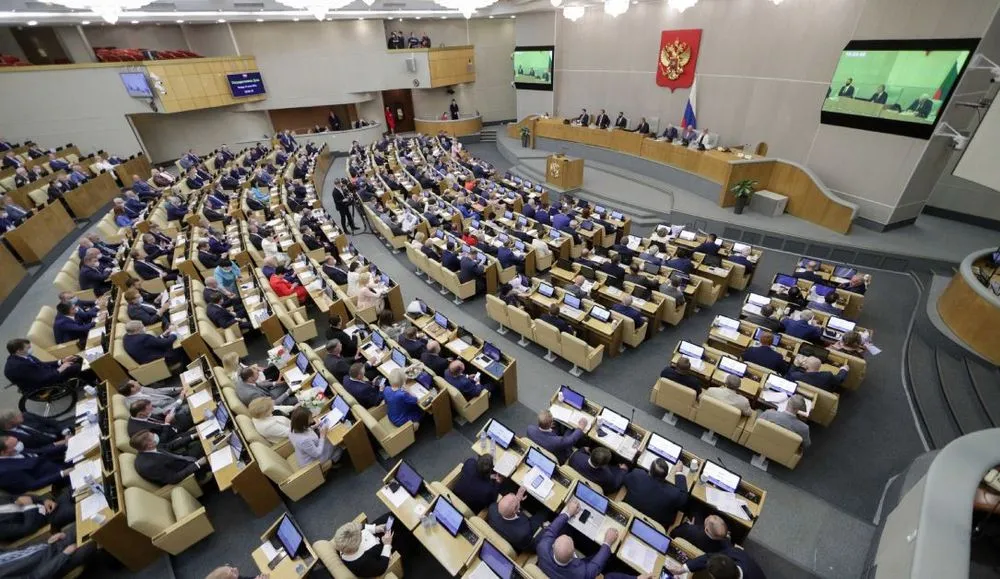Ukrainian hackers claim to leak emails of Russian parliament deputy chief
Ukrainian hackers claim to have broken into the email account of a senior Russian politician and exposed documents that allegedly prove his involvement in money laundering and sanction evasion schemes.
A group calling itself Cyber Resistance leaked 11 GB of emails allegedly belonging to Alexander Babakov, a deputy chairman of Russia’s parliament, and made them public on Monday. Recorded Future News was not able to immediately corroborate the claim or verify the authenticity of the documents, but the leak contains scans of Babakov’s passport, tax and financial documents, as well as his medical records.
Babakov has close ties to the Kremlin. He was appointed as special presidential representative to Russia by Vladimir Putin in 2012 and was the leader of Rodina, a nationalist political party in Russia, in 2006. Babkov was sanctioned by the EU, Canada and Switzerland in 2014, and has been subject to U.S. sanctions since 2017.
Before making his leaked emails public, the hackers shared them with the international volunteer community InformNapalm for analysis. The organization consists of researchers and journalists from 10 countries, who analyze data leaks and conduct investigations “to expose the role of the Russian government in conflicts across regions like Ukraine, Georgia, Eastern and Central Europe, and the Middle East.”
The InformNapalm investigation discovered, among other things, that Babakov had used government contacts to launder money. One example is when he allegedly accepted a bribe to approve illegal construction on a nature reserve and a national park.
Since the beginning of Russia’s war in Ukraine, Babakov also began to expand cooperation with countries in Africa and Asia “in order to minimize Western sanctions,” the leaked documents reveal.
This year, Babakov visited India and Iran to allegedly discuss economic cooperation and strategies to bypass sanctions. He is also actively working with a radical pro-Russian party in Georgia that promotes anti-American and anti-European views, according to InformNapalm.
The so-called “BabakovLeaks” is one of dozens of investigations conducted by InformNapalm using documents leaked by pro-Ukrainian hacktivists such as Cyber Resistance, which also claims to work with Ukrainian law enforcement agencies.
Ukrainian hackers and their allies have published Russian data leaks almost daily in recent months. Among their targets are state agencies, such as the Central Bank of Russia and the media monitoring service Roskomnadzor, as well as private companies.
Ukrainian cybersecurity officials said that intelligence gathered in cyberspace is helping Ukraine understand Russia's plans and stop it from carrying them out.
According to Illia Vitiuk, head of cybersecurity at the Security Service of Ukraine (SBU), hackers have been getting into Russian systems to find out the Kremlin’s targets, how the enemy’s troops move, and how Russia avoids Western sanctions.
Daryna Antoniuk
is a reporter for Recorded Future News based in Ukraine. She writes about cybersecurity startups, cyberattacks in Eastern Europe and the state of the cyberwar between Ukraine and Russia. She previously was a tech reporter for Forbes Ukraine. Her work has also been published at Sifted, The Kyiv Independent and The Kyiv Post.



